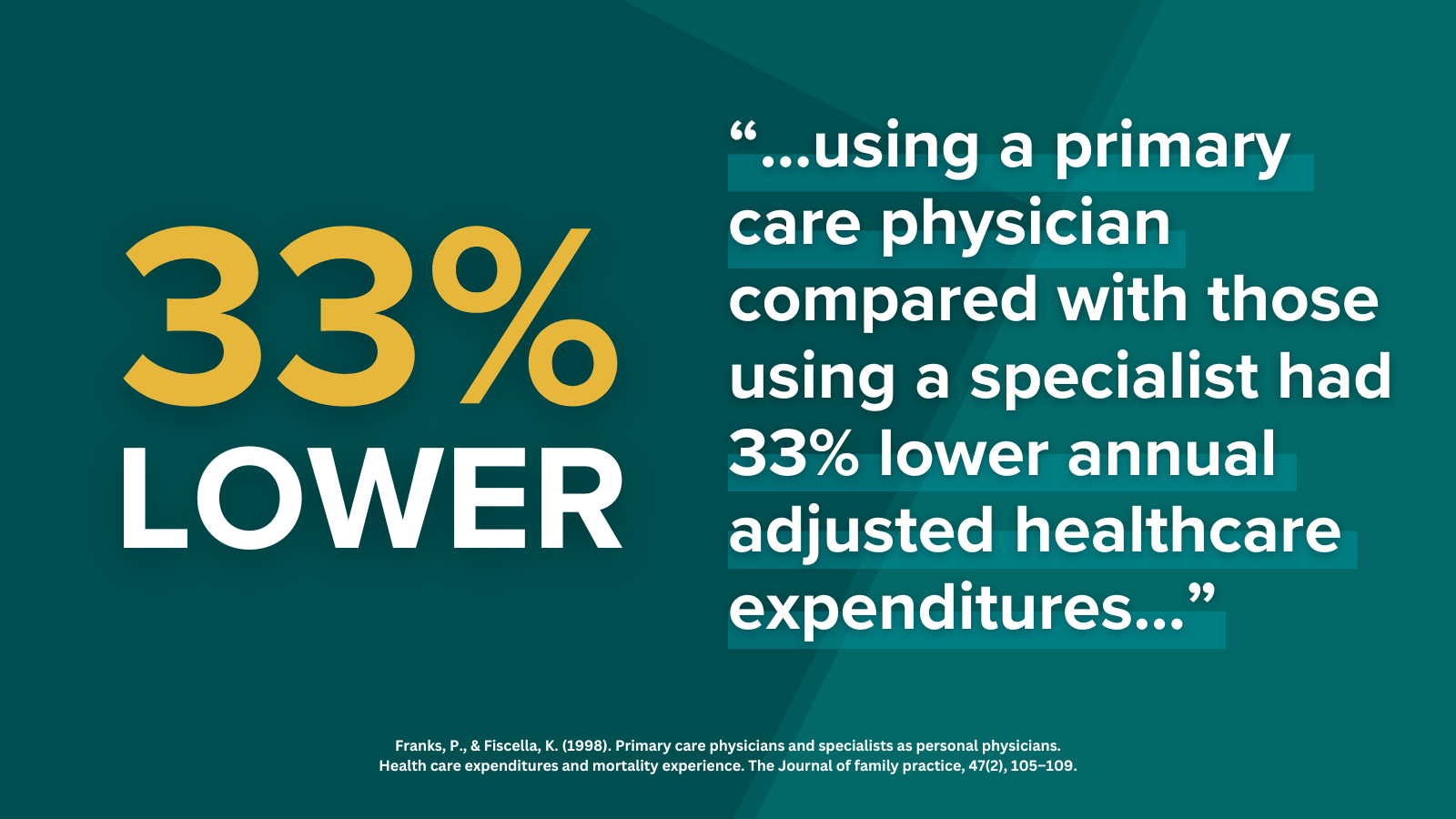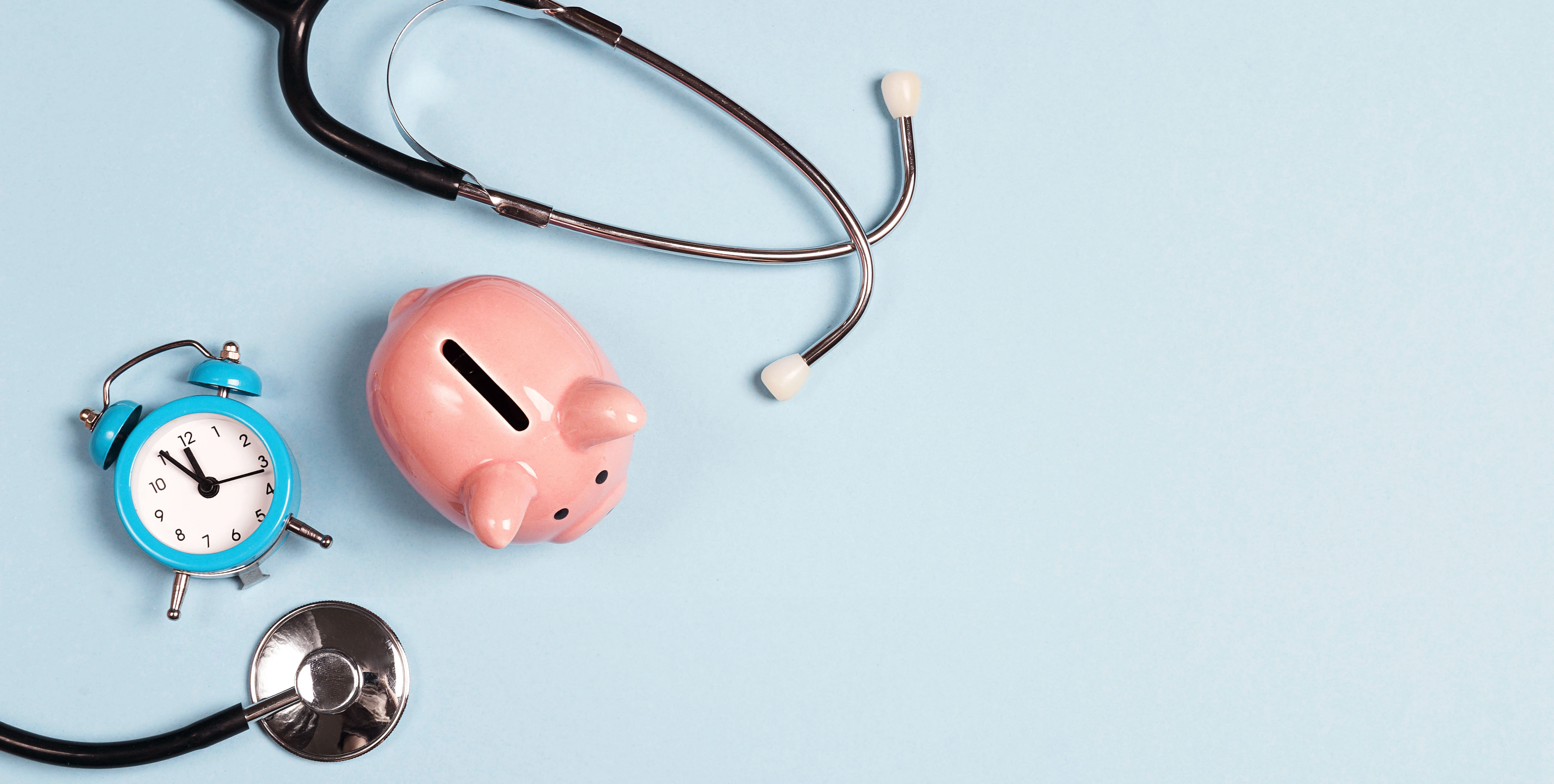Why Your Primary Care Physician is Your Health’s Best Ally
In today’s fast-paced world, it’s easy to push routine health checkups to the bottom of the to-do list. Many people only visit a doctor when...

Many of us will experience a rash, cough, or minor infection that will need care, but will not qualify as a medical emergency. Who do you turn to for treatment? A primary care physician (PCP) is the perfect place to start. The value of having a PCP only increases over time, as you develop a relationship with them and they get to know more about you.
A primary care provider is a generalist, like a family medicine doctor or internist, and is usually the first point of entry into the healthcare system to track the patient’s health and wellness. PCPs can treat and diagnose a broad range of medical conditions, from flu and regular exams to chronic conditions and depression. You can think of your PCP as your “main” or “go-to” doctor.
Even if you are in perfect health, it is still recommended you find a PCP and establish a relationship so that you know where to go when you have a health problem. Here at Healthcare Highways, we strongly believe that finding a PCP is one of the most impactful and important steps you can take (don’t worry, our Customer Experience Advocates team will help you find one!).
Here are a couple of reasons you should be scheduling annual appointments with your PCP:
A huge benefit to having a PCP is the ability to schedule preventive screenings. By taking advantage of preventative health care services, you reduce the risk of diseases, disabilities, and even death. In the event a life-threatening condition does manifest, regular screenings will increase the chance of catching it early on rather than in later stages.
According to the CDC, cervical cancer used to be a leading cause of death for women in the U.S. Within the past 40 years, the number of cervical cancer cases decreased significantly as the number of preventative screenings increased.
The CDC also states that in 2020, 19.9% of adults between 50 and 75 have never been screened for colorectal cancer despite it being the third most common cancer in both men and women.
Annual or bi-annual check-ups are recommended to allow your doctor to monitor your readings, determine your risk of chronic illnesses, and prescribe treatment if needed.
Establishing a PCP allows you to build a relationship for life-long care. With regular visits, your PCP will learn your current health, medical history, family’s medical history, your lifestyle, and your personality.
Your doctor will use this information to suggest necessary preventative screenings and as context for future possible issues. If an issue does arise, your PCP will be able to present personalized options to find the right fit for you.
A study by JAMA Internal Medicine surveyed adults in the U.S. with and without a PCP. Those with a PCP were significantly more likely to fill prescriptions and receive routine preventative screenings. Preventative screenings, keeping up with prescribed medication, and regular check ups can save your life--and help prevent costly interventions down the line.
Remember: the cost of your PCP’s copay is likely far less than that of urgent care or an emergency room visit.
PCPs are generalists. If a condition occurs that requires a specialist’s opinion, you can rely on your doctor to make recommendations for next steps. Navigating the healthcare system might be overwhelming for patients, and your PCP can assist in guiding you to find the care you need.
Having a PCP is important. But there’s so many doctors, how can you decide who to see? Well, that’s exactly what our Customer Experience Advocates (CEA) team is here for. Healthcare Highways Health Plan members each have a dedicated CEA team ready to help them find the right PCP. Members can find their CEA team’s number on their insurance ID card, so go ahead and give them a call!

In today’s fast-paced world, it’s easy to push routine health checkups to the bottom of the to-do list. Many people only visit a doctor when...
 READ MORE
READ MORE